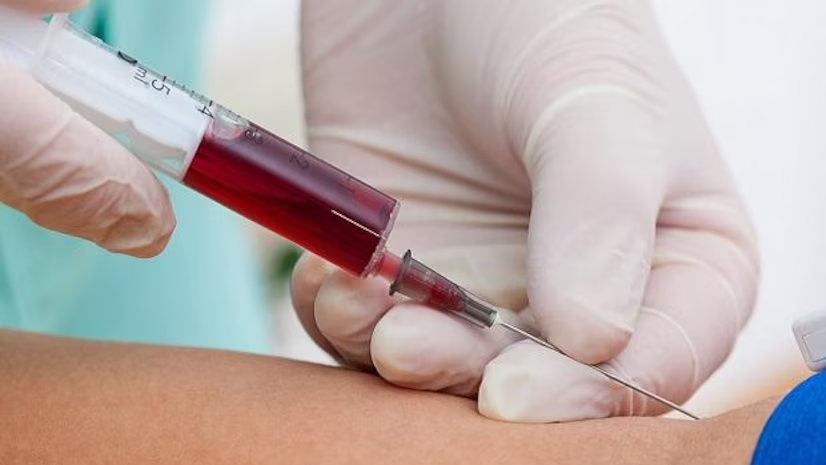Hyderabad’s blood banks are grappling with acute shortages due to a surge in viral infections like dengue and chikungunya, compounding an already fragile healthcare system. Hospitals are reporting severe strain, as blood donors become scarce amidst the rising demand for platelet transfusions. Officials say this seasonal shortage of blood repeats every year, especially during the monsoon months when vector-borne diseases peak. This year, however, the spike in infections is particularly alarming. Compared to 2019, blood donations in the city have dropped by nearly 20%, exacerbating the situation. Blood banks across Hyderabad are urging citizens to step forward voluntarily, a call amplified during events like the recent blood donation camp organised by Ismaili CIVIC and the Chiranjeevi Charitable Trust.
In 2023, Hyderabad has seen over 12,000 dengue cases—a stark increase from 7,500 cases recorded just five years ago. This year alone, the state’s blood banks are struggling to meet an estimated 15% increase in demand for blood products, particularly for platelet donations essential in treating dengue patients. From 2018 to 2023, blood donations in the city have seen a 12% decline, reflecting a growing gap between supply and demand. The lack of public awareness and fear of viral infections has also discouraged many from donating, adding to the crisis. Blood donation camps, like the one held on World Heart Day, aim to address this challenge, but the response needs to be much larger to meet the city’s rising healthcare needs.
The human toll of this shortage is felt most by vulnerable groups, particularly patients with chronic illnesses, cancer, or severe infections, who rely on regular blood transfusions for survival. A long-time blood donor, who has donated over 500 times, remarked, “One unit of blood can save up to three lives. It’s a critical time for the community to step up.” With the city witnessing an influx of patients due to viral infections, many hospitals have been forced to postpone elective surgeries due to the scarcity of blood. Experts are stressing the need for frequent blood donation drives and more awareness campaigns in local communities to bridge the growing gap between blood demand and availability.
From a sustainability perspective, this issue ties into broader community welfare efforts. The Global Ismaili CIVIC Day initiative underlined how citizens can contribute to public health and environmental efforts. Over the past decade, Ismaili CIVIC volunteers have planted over three million trees, contributed 500,000 hours of community service, and organised essential blood donation drives. Such initiatives not only support healthcare but also contribute to long-term sustainable urban living. The growing impact of climate change and increasing urbanisation has made both healthcare access and environmental sustainability inseparable from community welfare. Addressing these challenges will require a coordinated effort between civic bodies, healthcare providers, and local citizens.


